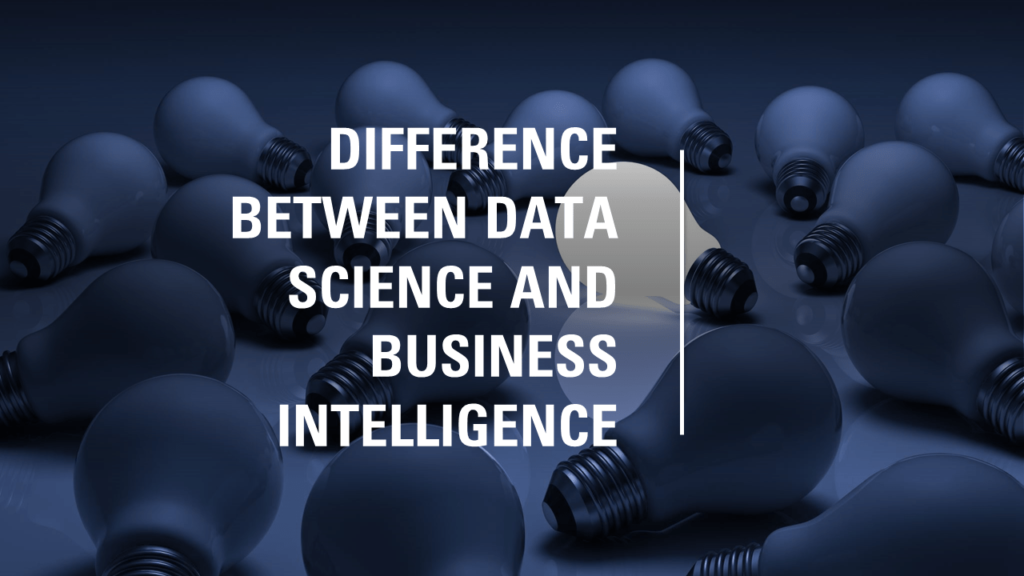What is the difference between a data scientist and a business intelligence analyst?

What is the difference between a data scientist and a business intelligence analyst?
Data analytics involves making collection of and examining raw data of a business. This may be market research, logistics, sales figures, transactional data, and more, typically anything that has the capacity to generate information. After collection of the data, it is sorted and classified to make sense. This is then read for drawing insights of the performance of an organisation. While working with datasets, data analysts need to remember risks, trends, and opportunities. He or she also looks for patterns in these data sets. Their valuable insights are then translated into business decisions and modifying operations for maximizing business performance.
The major role of data science is to come up with new data and solving complex data problems. It relies on statistics for finding conclusions and making observations. A data scientist is required to have knowledge of all the tools, SQL, and may also need to code. Read this article to find out about key differences in data science and business intelligence. Opt for a business intelligence course in Montreal to learn more.
What is business intelligence analytics?
Business analytics also use data like the data analysts, but business analysts focus more on the application of statistical methods to do the analysis. Statistics and probability form the core of business analytics. The responsibilities of a business analyst include evaluation of business processes for cost, efficiency, and similar metrics. They also communicate insights within business teams and stakeholders. They are responsible for planning strategic recommendations for procedures, performance improvements, as well as adjustments.
Business analytics are a platform between the stakeholders and the IT. Business analysts may not require high-end technical knowledge but need to have enough technical skills for sorting data. Business intelligence analysts help decision makers perceive the overall performance of an organisation and the state of certain business departments. It could be HR, sales, marketing, understanding business trends as well as customer behaviour.
What are the major tasks of a data analyst and that of a business intelligence analyst?
The work of a data analyst includes:
- Data analysts work with business leaders and stakeholders to help them define business problems or needs
- They identify and source data
- They clean and prepare data for analysis
- Analyse data to understand patterns
- Visualising data for business leaders
- Presentation of data to translate data sources and news to say a compelling story
The work of a business intelligence analyst includes
- Evaluation of a company’s recent functions and IT structures
- Reviewing work processes and communication with team members to identify areas to improve
- Creating financial models to support decisions by leaders
- Training and coaching the staff in working with new systems





